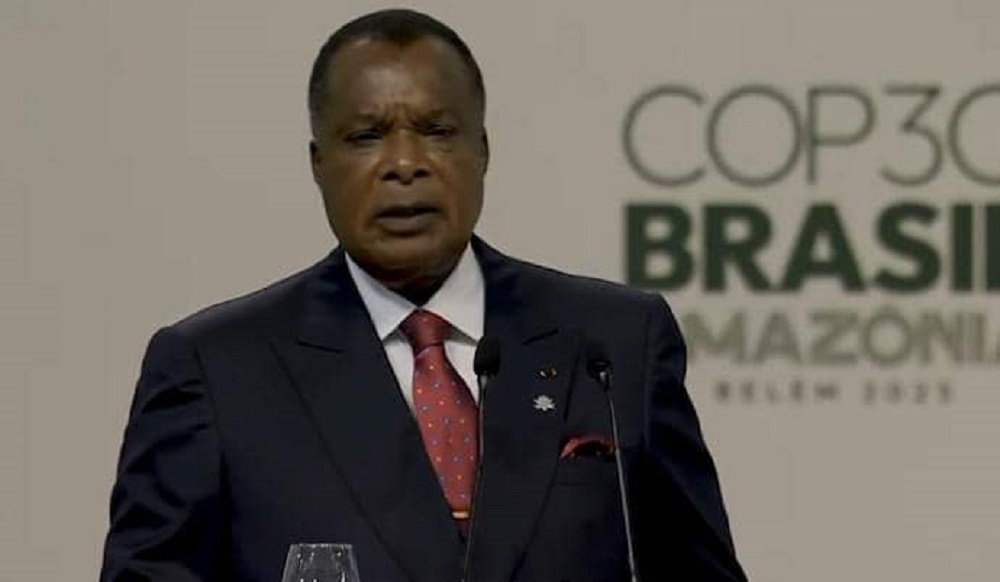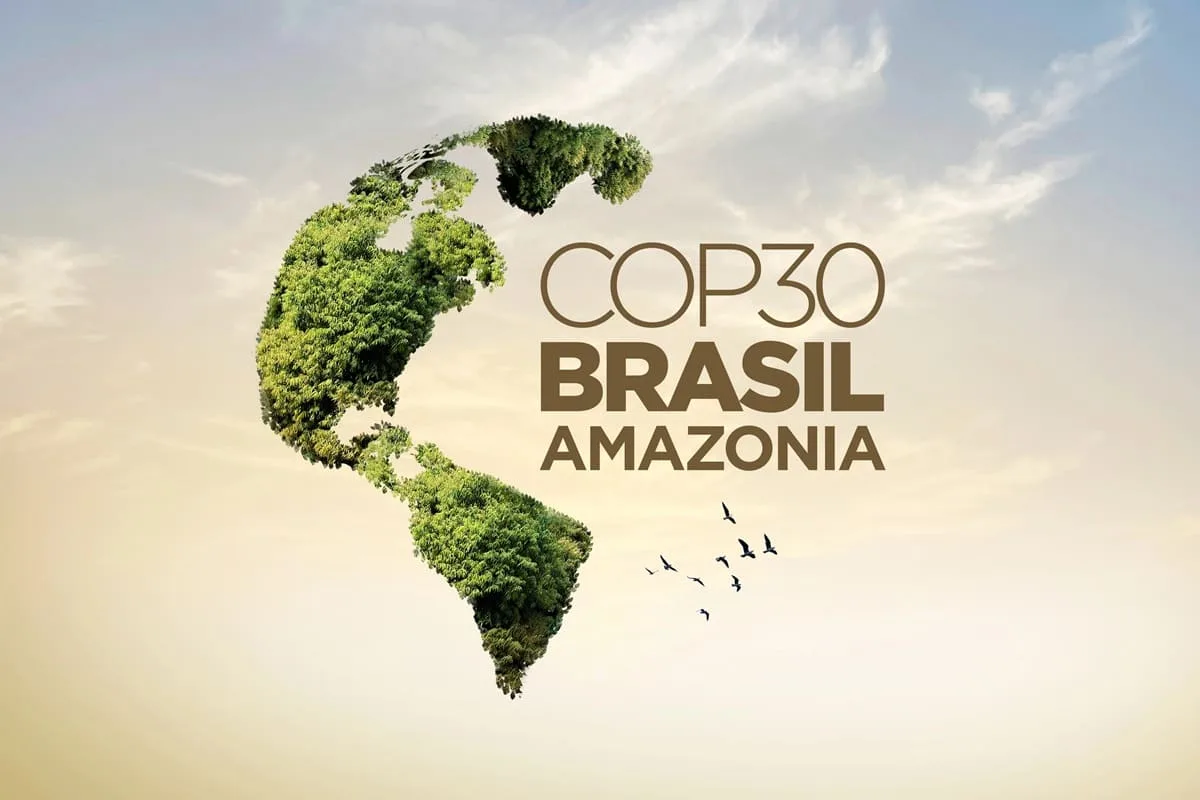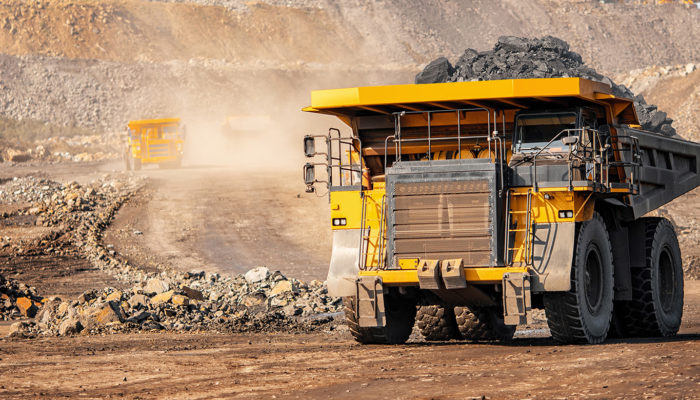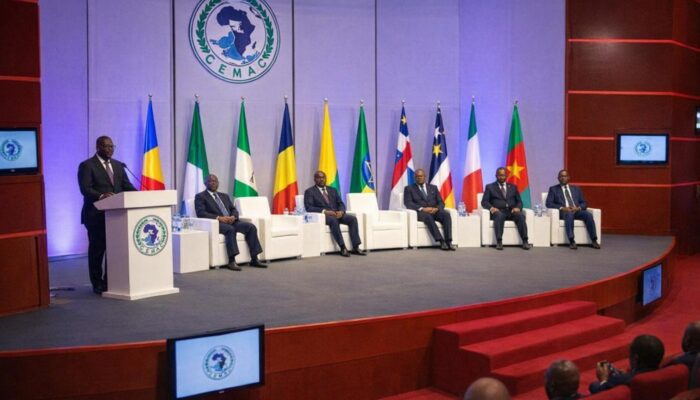In Belém, Brazil, where he is taking part alongside other international leaders at COP30, the Congolese head of state lamented “the near powerlessness of the entire world in the face of climate change” . Denis Sassou N’Guesso supported his observation by recalling that for more than three decades, the same concerns have been repeatedly raised while the commitments made by the parties are not followed through. This is a familiar refrain, all the more alarming as the gap widens between “the proclaimed ambitions and the glaring inadequacy of the efforts made,” he added.
Calling for everyone to take responsibility, the President of the Republic urged decision-makers and donors to keep their promises to fund ongoing initiatives in developing countries that are most exposed to the harmful effects of climate change.

He indicated that, in terms of forest preservation and conservation, the Congo’s example should inspire other nations and encourage investors to provide the country with the support it needs: ” For more than four decades, my country, the Republic of Congo, has responsibly contributed to the global effort to combat climate change. Congo now has more than 4 million hectares of protected areas, representing 13.5% of the national territory.”
Along the same lines, the Head of State continued: ” The development of concessions allocated to development projects has become a legal requirement for more than three decades. More than 9 million hectares have been developed and more than 3 million are in the process of being developed, half of which are already certified according to international standards .”
Congo also demonstrates this by example through its National Tree Day. Established in 1984, it is celebrated on November 6th each year and forms a whole with the national afforestation and reforestation program, the Blue Fund for the Congo Basin, sustainable forest management and the certification of forests outside humid tropical zones.
Denis Sasou N’Guesso also recalled the adoption by the UN General Assembly last April of the United Nations Decade for Forestry and Reforestation. Covering the period 2027-2036, and championed by him personally, this achievement crowned the efforts of the Congo, the country that initiated this project.
With a view to creating synergies between countries facing the same challenges and pursuing the same goals, the President of the Republic welcomed the creation by the host country of COP 30 of a fund for the preservation of tropical forests: “This initiative joins that of the Congo Basin Climate Commission, with its financial instrument, the Blue Fund for the Congo Basin, and is all the more commendable as it also serves indigenous peoples and local communities, who are the primary guardians of the world’s most biodiverse ecosystems ,” he rejoiced.
Addressing wealthy nations, the head of state pleaded for them to ” financially support developing countries in their mitigation, adaptation and prevention efforts while paying sustained attention to compensating for losses and damages related to climate change.”
Speaking on behalf of the Indigenous Peoples of the three tropical basins (Amazon, Congo, Borneo, and Mekong), who gathered at the first World Congress earlier this year in the Congolese capital, the President of the Republic requested that COP30 take into account the Brazzaville Declaration issued at that congress. This declaration summarizes the core concerns of these peoples, who are considered the most vulnerable to climate pressures and deforestation.
Although he did not hesitate to point the finger at ” the unfulfilled and still awaited funding promises by vulnerable countries in support of their fight against climate change and in connection with the energy transition” , Denis Sassou N’Guesso remains convinced that we must not give in to discouragement.
Thus, he concluded his remarks by assuring: ” I wish to reaffirm my country’s solemn commitment to forest governance based on the principles of sustainability, ecological sovereignty and intergenerational solidarity .”






